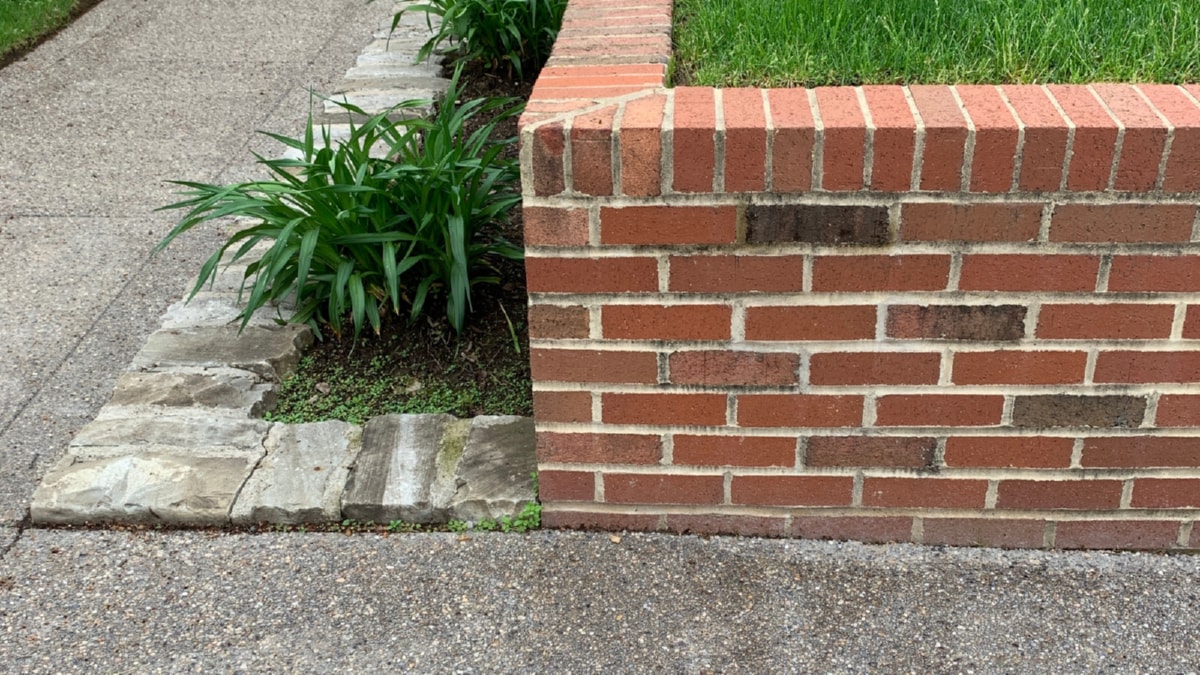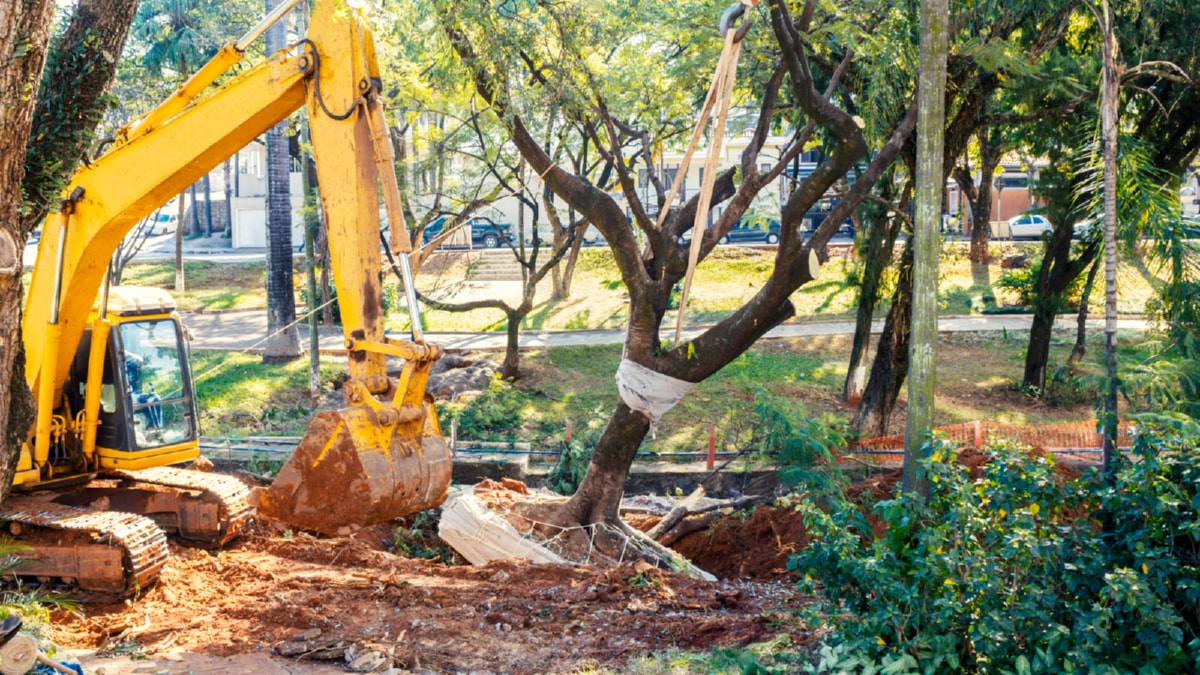The Future of Building: A Look at Smart Construction
The construction industry has always been a crucial driver of innovation and change. As we move into the future, one of the key trends shaping this sector is the advent of smart construction. This article will delve into what smart construction is and why it is becoming increasingly pivotal in our world.
At its core, smart construction is about infusing digital technology into the construction process. This can range from using advanced software for designing buildings to incorporating devices connected through the Internet of Things (IoT) for monitoring and improving on-site activities. The goal is to enhance efficiency, safety, and productivity, resulting in superior buildings that are more environment-friendly and cost-effective.
One of the key components of smart construction is Building Information Modeling (BIM). BIM is a 3D model-based process that gives architecture, engineering, and construction (AEC) professionals the tools to more efficiently plan, design, construct, and manage buildings and infrastructure. Through BIM, all project-related data is stored in a centralized digital model, which can be accessed by all stakeholders, fostering better coordination and decision-making.
Another important aspect of smart construction is the use of devices leveraging IoT technology. These devices collect real-time data from construction sites, enabling managers to monitor progress and address potential issues before they escalate. Additionally, the utilization of IoT devices can lead to optimized resource allocation, waste reduction, and enhanced safety.
Smart construction also incorporates AI technology and machine learning to predict project outcomes, schedule tasks, and manage resources. AI can also help in identifying potential risks and implementing preventative measures, further contributing to the safety and efficiency of construction projects.
The benefits of smart construction are numerous. Apart from improved efficiency and safety, smart construction also contributes to environmental sustainability. By optimizing resource usage and reducing waste, it minimally impacts the environment. Moreover, smart construction results in buildings that are more energy-efficient, further reducing their carbon footprint.
In conclusion, the future of building is smart construction. With its potential to revolutionize the construction industry by enhancing efficiency, safety, and sustainability, it’s a trend that is here to stay. As we move forward, it will be exciting to witness the transformations brought about by this innovative approach.
For more details, check best Resin Bond Service Dublin or visit their Resin Driveways business listing here.




